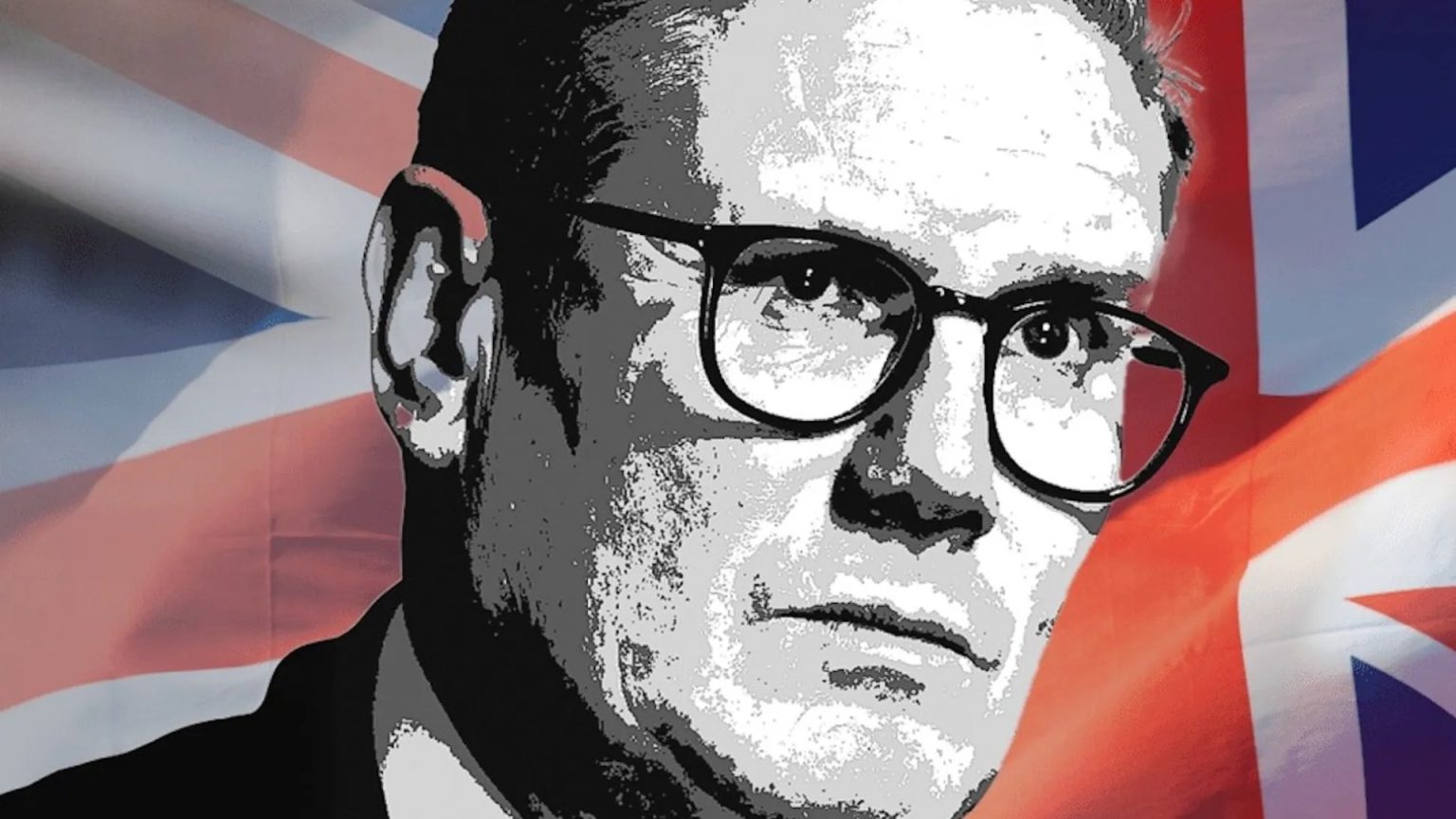The Conservative Party accuses Keir Starmer and the Labour government of orchestrating a Christmas crisis in Britain through a series of detrimental policies. These include imposing record-high tax increases that negatively impact businesses and charities, neglecting the needs of pensioners, particularly during the cold winter months, and jeopardizing food security through policies perceived as harmful to family farms. The Conservatives also highlight Labour’s perceived scandals and failures, accusing them of prioritizing close relationships with China and relinquishing the Chagos Islands while failing to uphold British interests on the global stage. They further criticize Labour for abandoning their manifesto promises, treating them like unwanted Christmas presents.
Central to the Conservative Party’s attack is the accusation that Labour is surreptitiously undermining Brexit, contrary to their pre-election assurances. They accuse Starmer and his Foreign Secretary, David Lammy, alongside the majority of the Labour Party, of never accepting the 2016 referendum result and point to their past efforts to obstruct Brexit and push for a second referendum. The Conservatives see the establishment of a unit within the Cabinet Office dedicated to resetting the relationship with Brussels as evidence of Labour’s intent to reverse Brexit freedoms. This “surrender squad,” as they term it, is portrayed as a conduit for the EU to reassert its influence over British laws and democracy. They argue that this expands the state, burdening taxpayers, instead of focusing on domestic issues and opportunities with faster-growing regions globally.
The Conservatives allege that Labour’s denial of their pro-EU intentions is disingenuous. They point to Labour’s efforts to pass laws empowering ministers to align UK regulations with those of Brussels as further proof of their true intentions. They contend that Starmer, facing domestic challenges and public disapproval, is seeking solace and validation from European leaders, whom they accuse of exploiting Starmer’s perceived desperation for a reset. The Conservatives warn of the potential costs of such negotiations, including concessions on youth mobility (involving immigration rights and subsidized tuition for EU citizens), fishing stocks, and financial contributions to the EU. They emphasize that such concessions would harm British national interests by tying the UK to what they describe as Europe’s slow-growth, high-regulation, and high-tax model.
The Conservatives contrast Labour’s current stance with the achievements of Boris Johnson’s government, highlighting the successful negotiation of a comprehensive trade deal with the EU on Christmas Eve 2020. This deal, they argue, secured favorable trading terms, maintained cooperation with European partners without surrendering control, and paved the way for other international trade agreements, such as joining the Comprehensive and Progressive Agreement for Trans-Pacific Partnership. They credit Johnson’s Conservative government with respecting the referendum result and delivering Brexit, ending political deadlock and acrimony. They also emphasize Kemi Badenoch’s role in ending the supremacy of EU law in the UK and leading the repeal and reform of thousands of EU laws.
The Conservatives present Starmer’s alleged pro-EU agenda as a betrayal of Brexit and a reversal of the progress made under Conservative leadership. They accuse Starmer of reopening old wounds and prioritizing ideological considerations over national interests. They depict Starmer’s actions as driven by a combination of ideological obsession with the EU, naivete, and incompetence, leading to the undermining of British sovereignty and a return to bureaucratic control from Brussels. The Conservatives portray Starmer as seeking to deflect blame for his political failures by surrendering decision-making power to the EU.
Finally, the Conservatives pledge to actively oppose Labour’s perceived betrayal of the British people and the 2016 referendum result. They position themselves as the defenders of democratic freedom and the champions of the Brexit vote, vowing to resist what they consider a dangerous and undemocratic shift in British policy under Labour. They frame this opposition as a fight for national sovereignty and against the perceived threat of EU bureaucratic control.











